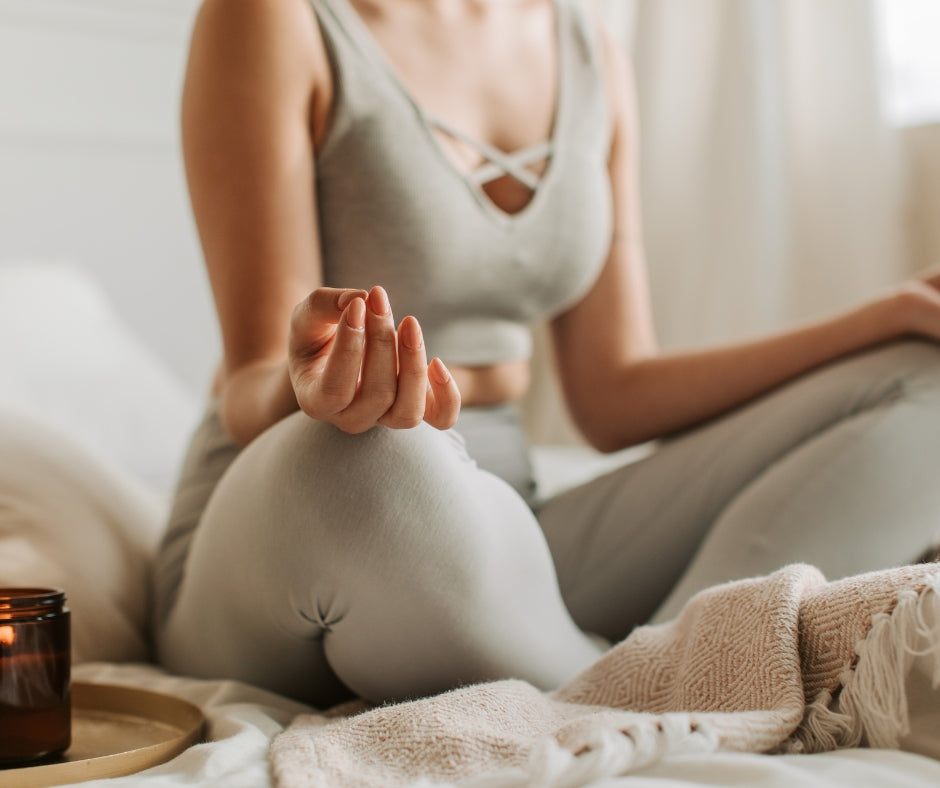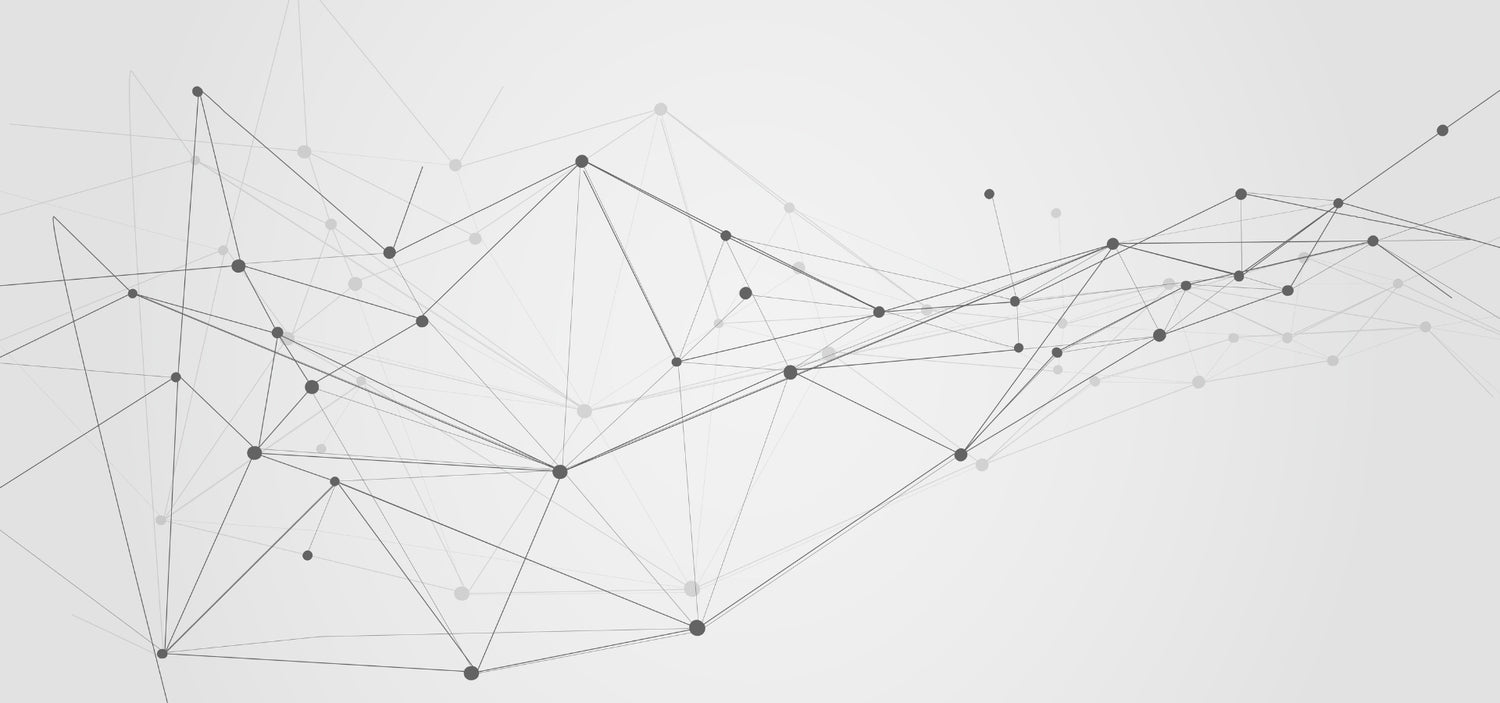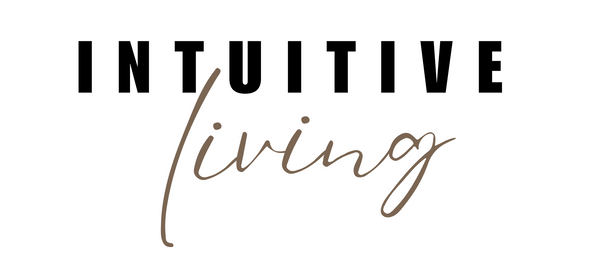
Intuitive living
The inner dimension of sustainability.
What is intuition?
-
Instinct... or?
A common misconception is that intuitive living is simply about "following your gut." However, instincts can be misleading too. Hence, intuitive living is about cultivating both head and heart - aligning our choices with science and interoception alike.
-
Science
Part of honing our intuition is to inform our minds with right knowledge. After all, information shapes perception, hence it's important that this knowledge is accurate - or else we make decisions based on misleading beliefs. This is why intuitive living involves constant learning and keeping an open mind.
-
Interoception
Lived experience is knowledge too. However, many of us are disconnected from our bodies and feelings. Through interoception, we hone our ability to sense bodily signals and emotional cues. Similar to scientific understanding, this self-awareness allows us to see clearly and make wise decisions.
Are you living out of alignment with your intuition?
Your behavior shows.
Food
Are you under-, emotional- or binge eating to gain a sense of agency or comfort?
Exercise
Are you over-exercising to gain control, "move forward" or compensate when you feel unaccomplished or stuck?
Work
Are you in a career that drains you, staying busy to distract yourself from inner turmoil or hustling to prove your worth?
Relationships
Do you have a tendency to create or get sucked into drama? Are you people pleasing to receive validation or staying in unhealthy relationships out of fear of being alone? Perhaps you isolate yourself, withdrawing even from those you love?
Home
Do you live for escapism or move from place to place, hoping that the grass will be greener on the other side?

It's not your fault.
Maladaptive coping strategies are formed when adaptive alternatives are inaccessible.

A solution in disguise.
Though these behaviors seem undesirable, they provide relief from unbearable discomfort.

There's a different way.
However, rather than "getting rid of" the things that provide relief from reality, we can eliminate our desire to escape in the first place.
Intuitive living is the answer, yet how is it done?
From evidence based insights to ancient wisdom, here are some of the most effective interventions:

Mindfulness
Maladaptive coping strategies are often a stand-in for true nervous system regulation. This requires awareness of our emotional states. Mindfulness practices hone so-called interoception, allowing us to notice what is there. By seeing things clearly, we can then choose to respond in conscious ways.

Co-regulation
Isolation can trigger dysregulation. conversely spending time with others - whether actively or passively - can calm the nervous system without us even trying.

Somatic healing
Many maladaptive coping strategies are trauma responses. With emotions sometimes being referred to as "stored in the body", they often need to be processed through the body, too. No wonder that intellectual analysis doesn't always cut it! Thankfully, there are several practices and forms of therapy that can help integrate traumatic events on a physiological level. That is, somatically.

Intentional life design
While a lot can be done through personal development, not everything is "transcendable". This is when intentional life design comes in handy.

Rewiring
Behaviors become habit by repetition. Acting differently is about creating new neural pathways. Practicing them until they become second nature is what constitutes rewiring. Yes: in order to change, we must literally change our minds.

